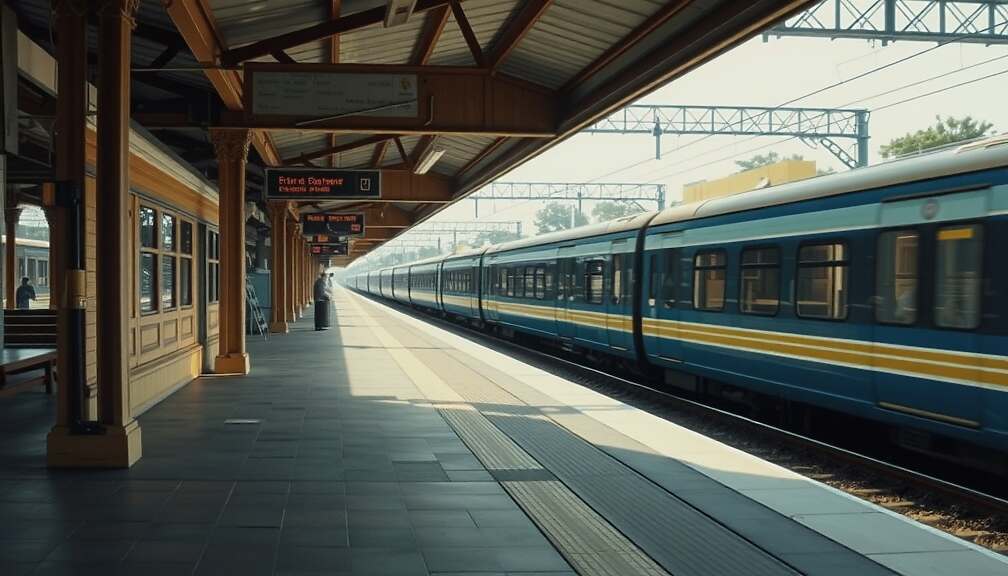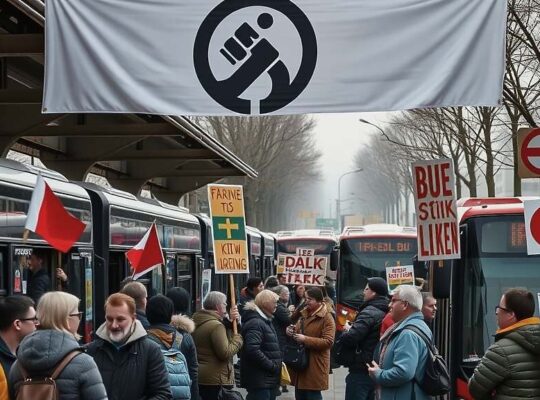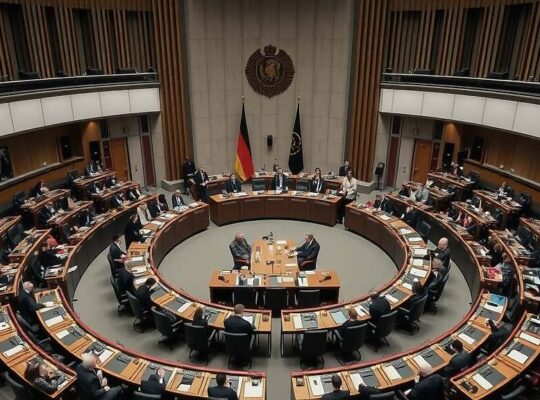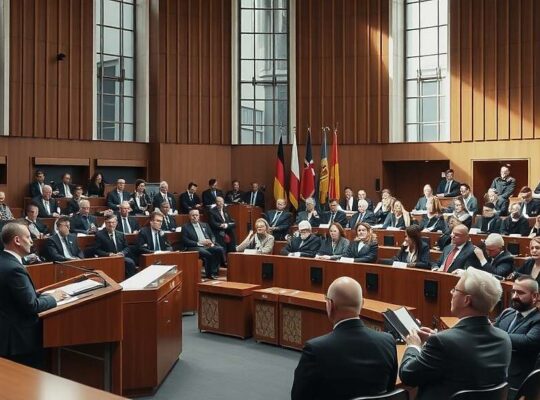The German national railway, Deutsche Bahn (DB), is defying expectations and halting planned fare increases for the first time in over six years. According to reports in “Bild”, citing sources within the rail network, the price freeze will take effect with the December 15th timetable change. This decision is being attributed to the relatively new leadership of Evelyn Palla, who assumed the position of DB CEO on October 1st, succeeding Richard Lutz.
While superficially presented as a consumer-friendly gesture, the move arrives amidst a backdrop of escalating political pressure and persistent public dissatisfaction with the state-owned rail giant. DB has faced a barrage of criticism recently concerning chronic delays and disruptive, prolonged construction projects across its long-distance network. These issues have fueled public frustration and drawn sharp rebukes from opposition politicians, who have questioned the competence and efficiency of DB’s management.
The decision to freeze fares, while potentially popular with commuters, also signals a delicate political balancing act for Palla. It suggests an attempt to placate critics and project an image of responsiveness within a company frequently accused of being aloof and unresponsive to passenger concerns. However, it simultaneously raises questions about the financial sustainability of the rail network. Maintaining current service levels, let alone initiating crucial modernization efforts, requires significant investment and foregoing planned revenue increases could exacerbate existing budgetary constraints.
Political observers are suggesting the fare freeze is likely a short-term measure designed to buy Palla time and goodwill while she undertakes a comprehensive assessment of DB’s operations and prepares a longer-term strategy. Whether this strategy will effectively address the systemic issues plaguing the rail network – including infrastructure deficits, operational inefficiencies and a perceived lack of accountability – remains to be seen. The move is therefore being viewed with cautious optimism, recognizing that it addresses a symptom rather than the root causes of DB’s ongoing challenges.












